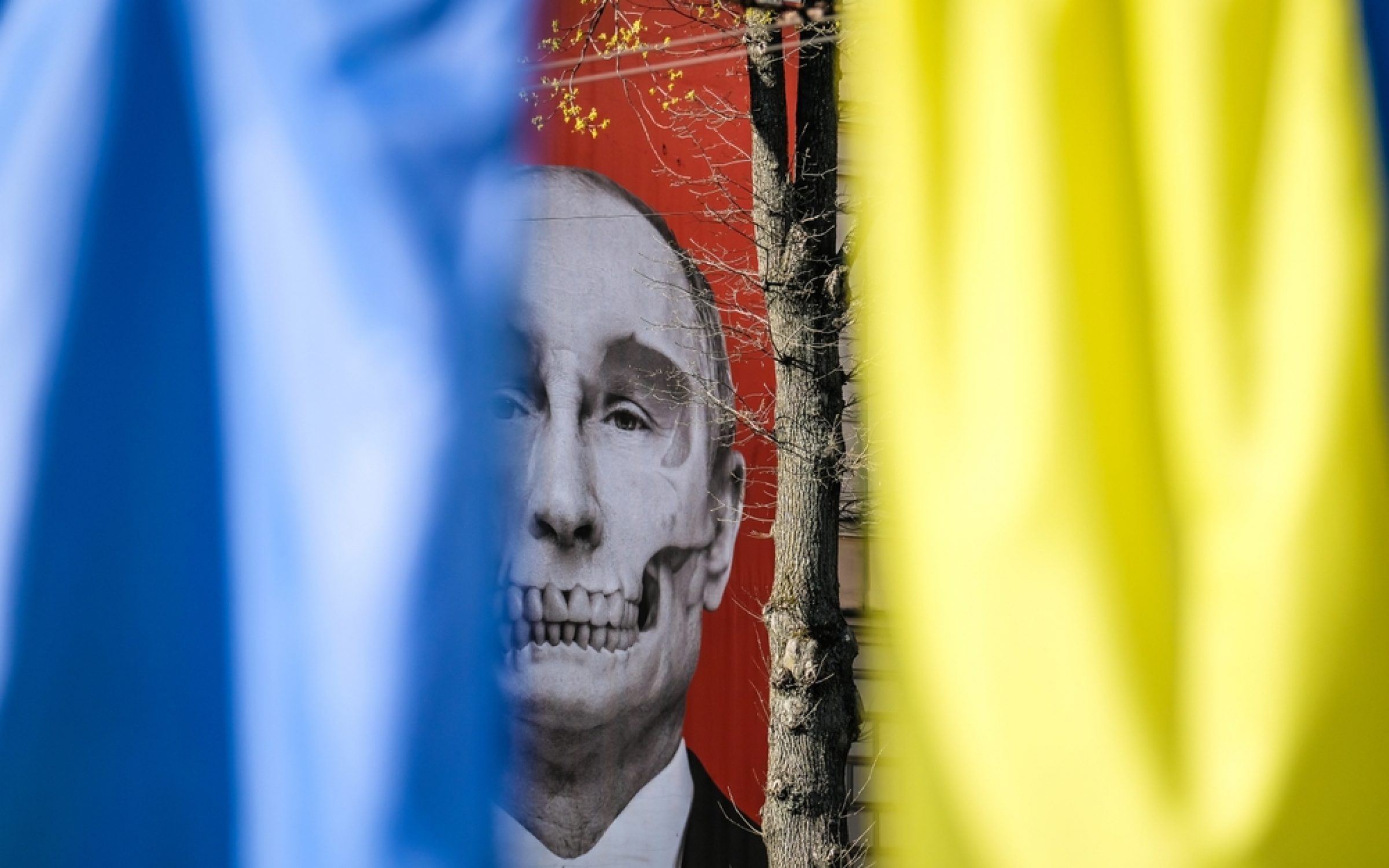Sir Richard Dearlove, the former head of MI6, has stuck his head above the parapet to predict that Russian President Vladimir Putin will be out of power and in a sanatorium for long-term illness by 2023.
During an episode of the podcast he co-hosts, the former head of British intelligence said: “I’m really going to stick my neck out. I think he’ll be gone by 2023. But probably into the sanatorium, from which he will not emerge as the leader of Russia.”
Rumours about the President’s health have been swirling since before his invasion of Ukraine, and they seem to change by the hour. Oscar-winning director Oliver Stone, who spent time with Putin while filming a documentary series on the President in 2017, said that Putin has suffered from cancer but has now overcome it. According to an anonymous Kremlin source on Telegram, the 69-year-old underwent “successful” cancer surgery last week and is now recovering.
Sir Richard’s predictions only add to the cacophony of voices claiming to have the inside scoop on Putin’s wellbeing, from security officials and university professors to political analysts and former British parliamentarians, like Louise Mensch.
In this widely-circulated video clip, retweeted by Mensch, Putin speaks with his defence minister, Sergei Shoigu. He grips a table tightly while slouching and tapping his foot. His face and neck look noticeably bloated. In the retweet, Mensch links to a piece in her Substack, where she writes of sources linked to the UK government who confirmed that the despot had Parkinson’s disease and that he has to consult his physicians several times a week.
Headline-grabbing tabloids have chimed in too since the invasion, posting clickbait articles claiming the Russian President could be suffering from everything from “roid rage”, which results from steroid treatment for cancer, to Alzheimer’s and Parkinson’s Disease.
For years, the Kremlin has kept tight-lipped about the state of Putin’s health, and so it is of little surprise that rumours continue to circulate amongst the commentariat online and offline. The missing voices are the medical experts. But this seems to be par for the course.
“Real neurologists are unlikely to comment because they are taught never to comment on people who are not their patients,” John Hardy, a neurogeneticist at the UK Dementia Research Institute, said to DW.
Weighing up whether he could spot any signs of Parkinson’s in the President, he said, “No sign of parkinsonism in my view. He did not look well… but not Parkinson’s disease.”
Ray Chaudhuri, Professor of Neurology at King’s College London, agreed. “Looking at the short clip, I can find no evidence that I can tell of parkinsonism in Putin,” Chaudhuri said. “Bloating of [the] face or tremors can be caused by many reasons, and I did not see a tremor either.” He added that Parkinson’s and parkinsonism are difficult to diagnose and can only be determined by thorough neurological examination.
When asking for an expert opinion on whether Putin may have Parkinson’s, Caroline Rassell, the chief executive of Parkinson’s UK, echoed Hardy and Chaudhuri: “Parkinson’s is a very complex condition with over 40 symptoms ranging from physical to mental and it affects everyone differently. With no definitive diagnostic test, it’s something that can only be confirmed after examination by a neurologist or specialist.”
While it has also been reported that the country is now being run by ex-FSB spy chief and current security council chair, Nikolai Patrushev, due to Putin’s maladies, the Kremlin insists there is nothing wrong with his health. But how can we tell?




